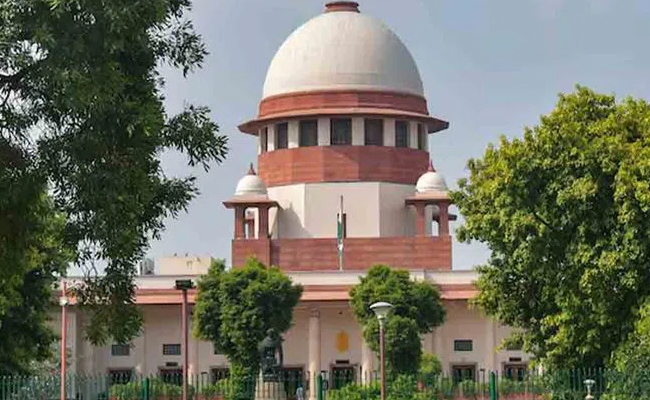
India News

The Supreme Court has refused to grant a stay on the constitutional validity of the recently introduced Wakf (Amendment) Bill. Despite facing stiff opposition from various political parties, the Bill was passed in both Houses of Parliament. However, widespread protests have been held across the country by Muslims and other minority communities opposing the Bill. In West Bengal, the demonstrations even turned violent.
Leaders from parties such as YSRCP, AIMIM, Congress, TMC, SP, RJD, AAP, DMK, and TVK filed petitions in the Supreme Court challenging the Wakf Amendment. A three-judge bench, headed by Chief Justice Sanjiv Khanna and comprising Justices Sanjay Kumar and KV Viswanathan, heard the case.
Senior Advocate Kapil Sibal, representing the petitioners, argued strongly that the amendments violate Articles 25 and 26 of the Constitution, which guarantee freedom of religion. He contended that the NDA government was interfering in core aspects of religious belief and practice. He raised concerns that the phrase “in accordance with law” in the new Act undermines fundamental Islamic practices.
Chief Justice Sanjiv Khanna responded that Article 26 is secular in nature and applies to all religions. He pointed out that the government had also enacted laws relating to Hindu inheritance and questioned why the Parliament couldn’t do the same for the Muslim community. “What is wrong if Parliament enacts a law for the Muslim society too? Doesn’t Parliament have the authority to make laws?” he asked.
While declining to stay the law, the Supreme Court proposed certain interim directions:
Properties declared as Wakf—whether “Wakf by user” or “Wakf by deed”—should not be de-notified.
In cases where there is a dispute over whether land is government-owned or Wakf property, the provisions of the amended Wakf Act should not be applied during the inquiry conducted by the District Collector.
The court also noted that apart from ex-officio members, all other members of the Wakf Boards and the Central Wakf Council must be Muslims, marking a significant point of observation.
The Supreme Court refused to impose a stay on the implementation of the Wakf Amendment Bill and adjourned the hearing to Thursday for further proceedings.
Advertisment